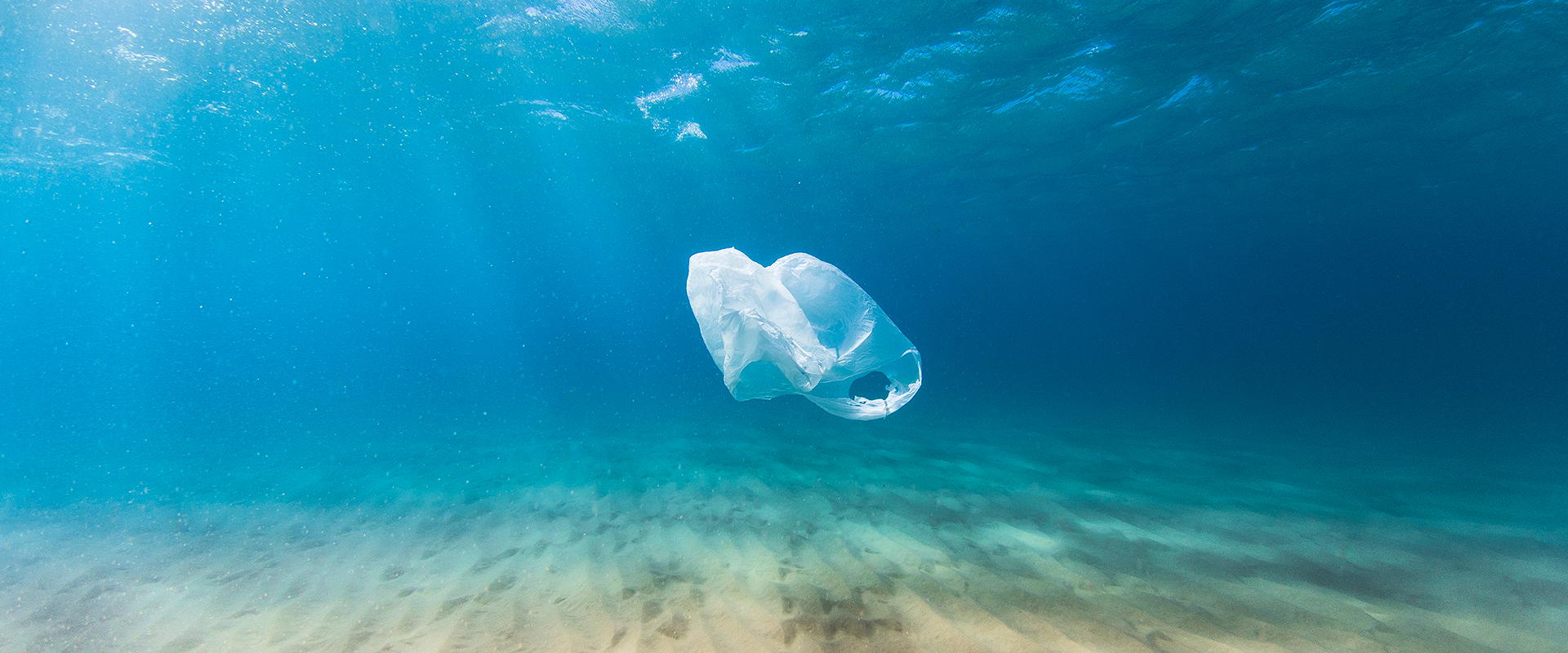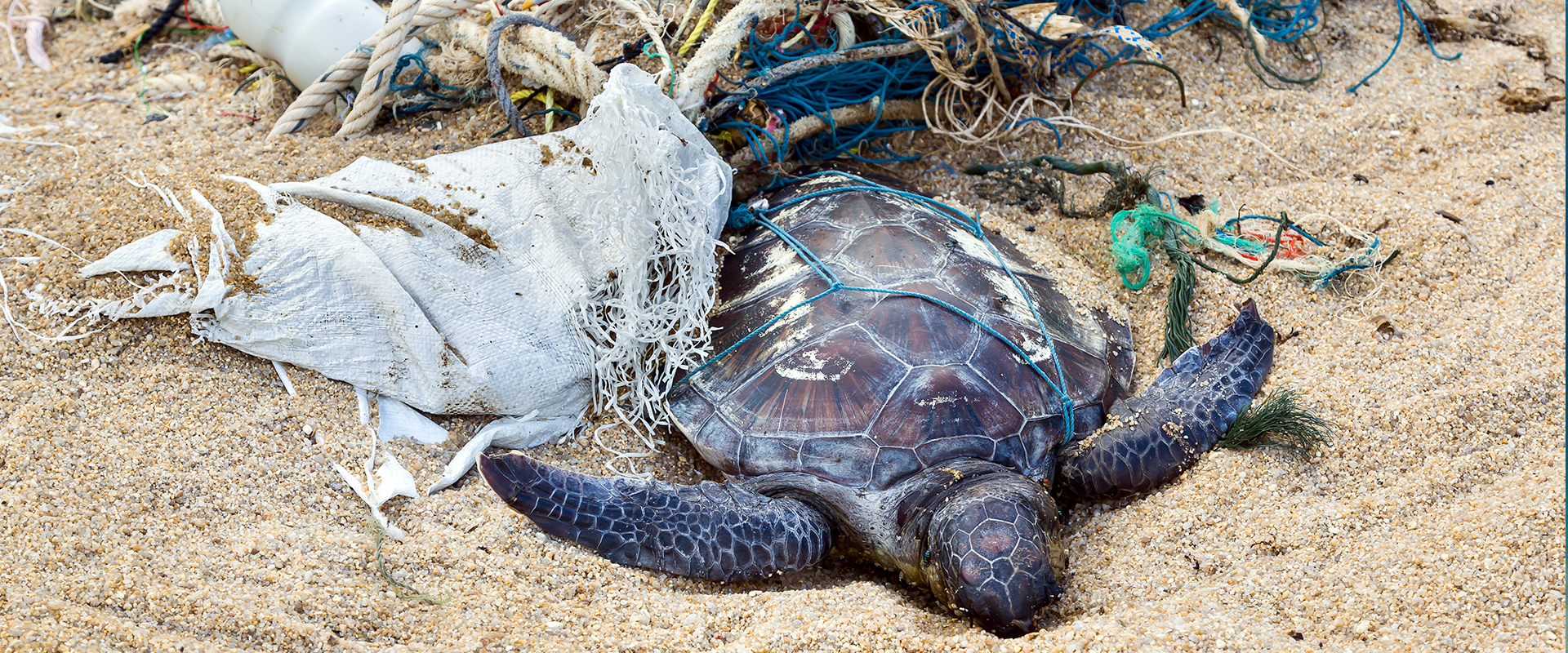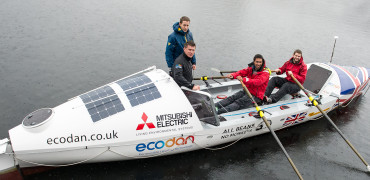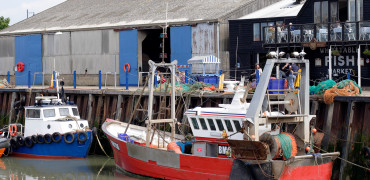News that an uninhabited island in the South Pacific has just recorded the highest density of plastic waste anywhere on the planet shows just how much modern life can have a detrimental effect on nature.
Does the fact that Henderson Island (part of the Pitcairn Island group, the last British Overseas Territory in the Pacific), also mean that this particular spot is a UK problem, rather than a global one?
Whilst my tongue is slightly in my cheek with the reference to Brexit, Henderson Island does point to a bigger global issue on how we are treating our oceans.
For me, it also highlights how everyone from individuals, nations, companies and governments simply have to come together as a collective to sort these and other global issues out – before it’s too late.
The island is in the middle of the South Pacific and near the centre of an ocean current. This means it collects passing rubbish from both boats and debris that drifts over from South America.
A study, published in the Proceedings of the National Academy of Sciences journal, estimates that Henderson Island has the staggering figure of over 37 million pieces of rubbish on its beaches.
Could the collective nations on the planet suddenly be starting to take all of this as seriously as needed?

A plastic ocean
According to the National Geographic eight million tons of plastic is dumped into the ocean every year. A high percentage of this ends up on our beaches.
A global approach
At the first ever five-day meeting by the United Nations in New York, The Ocean Conference (held on 5-9 June) sought to bring together nations to address the toughest problems facing the world’s oceans, from coral bleaching and plastic pollution to overfishing and rising seas due to climate change.
UN Secretary General Antonio Guterres urged countries to put aside national gain to save the oceans and avert a “global catastrophe” as he opened the conference.
The UN has now published an online atlas of the planet’s oceans to fight against exploitation and move towards a more sustainable approach.
The ocean atlas will be updated continuously and will provide data on habitat destruction, pollution and over-fishing.
The ultimate aim is to help protect marine biodiversity, reduce over-fishing, leading to a more managed relationship between humans and nature.
This, it says, should help to protect not only fish stocks but also marine biodiversity, and even the climate.
Could the collective nations on the planet suddenly be starting to take all of this as seriously as needed?

The effect on nature
The ultimate aim us to help protect marine biodiversity, reduce over-fishing, leading to a more managed relationship between humans and nature.
We know that as a species we can be incredibly creative and, going back to Henderson Island for a moment, there are already moves to create a new floating barrier that is designed to separate out that rubbish as it gathers in the sea.
If this works here in such a remote place, it could surely be replicated elsewhere and provide an initial way of tackling the end result of too much plastic. Another way of reducing this of course is to minimise the amount of plastic used in the first place as well as recycle as much as possible so that we stop plastic ending up in our seas – and unintendedly, in our food chain!
Perhaps climate change and the messing up of our oceans could actually inspire humanity to develop the solutions necessary to ensure we can sustain life on the only planet we’ve got!
Russell Jones is PR & Communications Manager for Mitsubishi Electric Living Environment Systems in the UK.
If you have any questions about this article or want to know more, please email us. We will contact the author and will get back to you as soon as we can.



